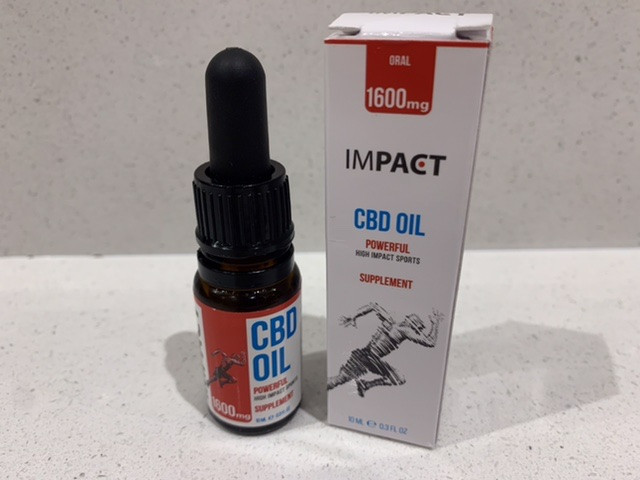Greatest Benefits of CBD Oil

While knowledge about the medicinal value of CBD is spreading more and more around the world, more and more countries are also legalizing its use. And with that, a product called CBD oil is also gaining popularity as a therapeutic medicine to tackle health problems like anxiety, insomnia and even cancer naturally.
So, before we detail the benefits of CBD drop oil, let’s take a look at what CBD really is.
What is CBD oil & its extraction?
CBD or cannabidiol is one of 104 chemical compounds, known as cannabinoids, found in the CBD plant (the sativa varieties). CBD is a non-intoxicating component of the plant and it is believed to have many therapeutic effects on the human body and mind.
Because CBD is a non-psychoactive component, CBD oil does not cause a “high” or a euphoric feeling generally associated with CBD. CBD oil has no or negligible traces of THC (tetrahydrocannabinol – another substance found in the plant), which is indeed a psychoactive cannabinoid and is responsible for the famous CBD high.
Cannabidiol is extracted from CBD or hemp (plants, both of which belong to the CBD Sativa family) and diluted with a carrier oil such as coconut oil or hemp seed oil to make CBD oil. Because of the controversies surrounding the CBD plant, industrial grade CBD is extracted from hemp because it has less than 0.3% THC.
Manufacturers sell CBD oils in various forms – tincture, concentrate, soft gel capsules, topical solution, under-the-tongue sprays, wax, edibles, skin creams or a patch. The CBD concentration in each of these products can vary.
Although several studies have already shown the benefits of CBD oil in patients suffering from epilepsy, anxiety problems, heart problems, schizophrenia, inflammation, chronic pain and addiction, research is still ongoing and scientists are not quite sure what the efficacy of CBD oil is in treating these ailments.

What are the benefits of CBD oil?
Cannabidiol has proven to be a good remedy for many health problems. Before we detail the benefits of CBD oil on the human body and mind, we should add that using CBD oil in any form is quite safe as it does not lead to dependence or tolerance to the drug. Thus, it is an excellent choice for those, who are trying to quit their addiction or want to avoid addictive drugs. So far, it has been reported that CBD oil:
1. Helps relieve chronic pain and inflammation.
People suffering from chronic pain due to fibromyalgia have experienced relief after using CBD oil. The use of CBD oil has also been shown to provide pain relief in general and prevent degeneration of the nervous system.
2. Calming the epilepsy
CBD has been proven to have anti-epileptic properties, which can successfully treat children with drug-resistant neurological conditions such as epilepsy.
In a study published in the New England Journal of Medicine, CBD compared to those who took a placebo showed a 23% decrease in seizure frequency. Click on this link for more information on CBD oil.
3. Anxiety and depression reduces
According to the Anxiety and Depression Association of America, depression affects 6% and anxiety 18% of the US population each year. Their research shows that CBD oil can help with both problems.
Although doctors generally advise people suffering from chronic anxiety to avoid CBD because even trace amounts of THC can cause or increase anxiety and paranoia, authors of a review published in 2015 in the journal Neurotherapeutics inferred that CBD, a non-psychoactive substance, may actually help reduce anxiety in people with certain anxiety-related behavioral disorders, such as:
- Post-traumatic stress disorder (PTSD)
- Generalized anxiety disorder
- Panic disorder
- Social anxiety disorder
- Obsessive-compulsive disorder (OCD)
- Substance abuse disorders
However, these conclusions were derived through experimental research, clinical trials and epidemiological studies and no human-based research is currently available.
CBD also reduces stress and discomfort, associated with public speaking.
With respect to depression, CBD has been found to reduce depression by enhancing both serotonergic and glutamate cortical signals (both lacking in people suffering from depression).

